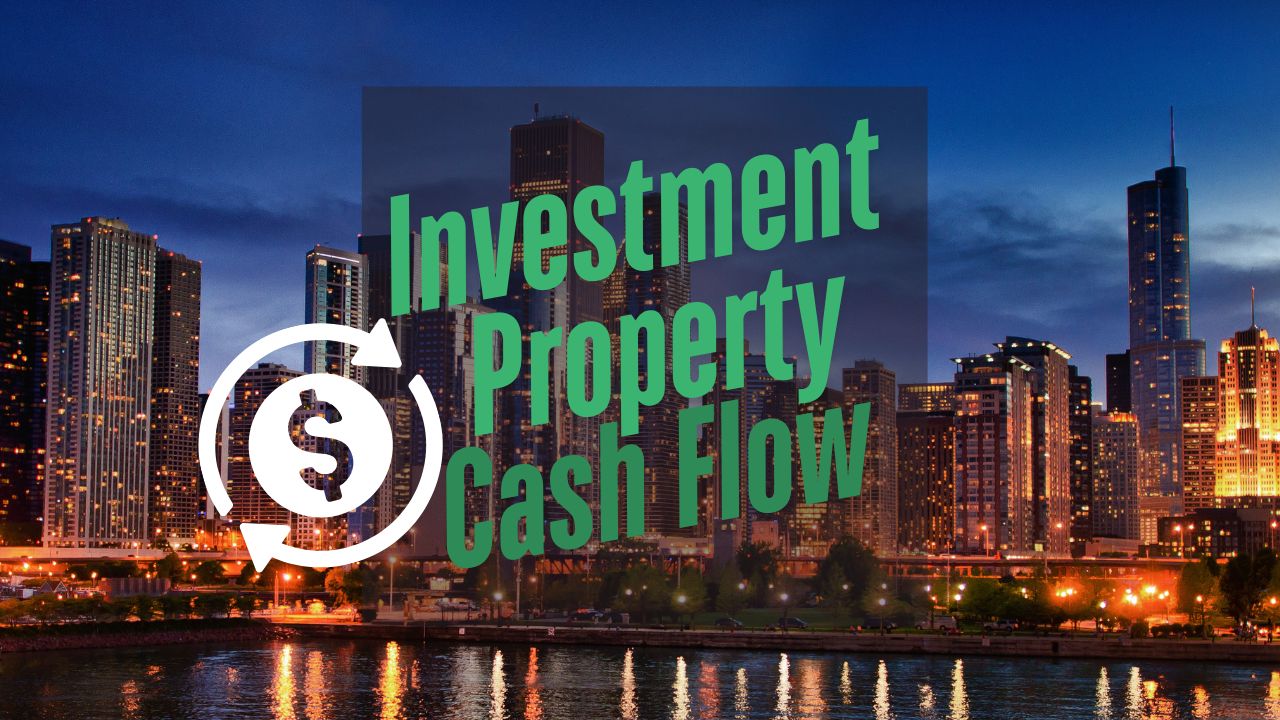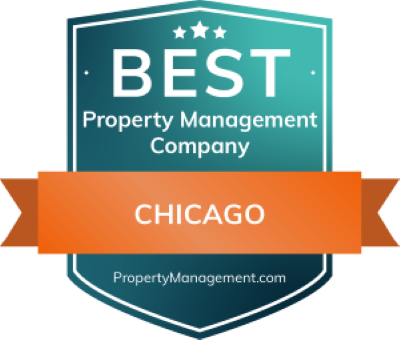Investing in Chicagoland real estate can be a great way to build wealth, but for many local and out-of-state investors, cash flow issues can turn a promising property into a financial burden.
If your investment property isn’t generating the returns you expected, you’re not alone. Even in a market like Chicago’s, with its strong demand and diverse housing stock, cash flow problems can happen for many reasons.
Calculating the annual net operating income (NOI) is very important to understand the profitability of your investment property. This figure is determined by subtracting annual expenses from gross income and is needed to evaluate investment performance and make sure you’re maintaining a positive cash flow.
At Landmark Property Management, we’ve helped countless investors troubleshoot their financial performance and get their properties back on track. In this blog, we’ll walk you through how to evaluate your property’s financial health and identify the key issues that could be draining your cash flow. We will introduce you to some free resources we use, available on our website, and will include a checklist to help you proactively manage your finances!
Understanding Rental Property Investments
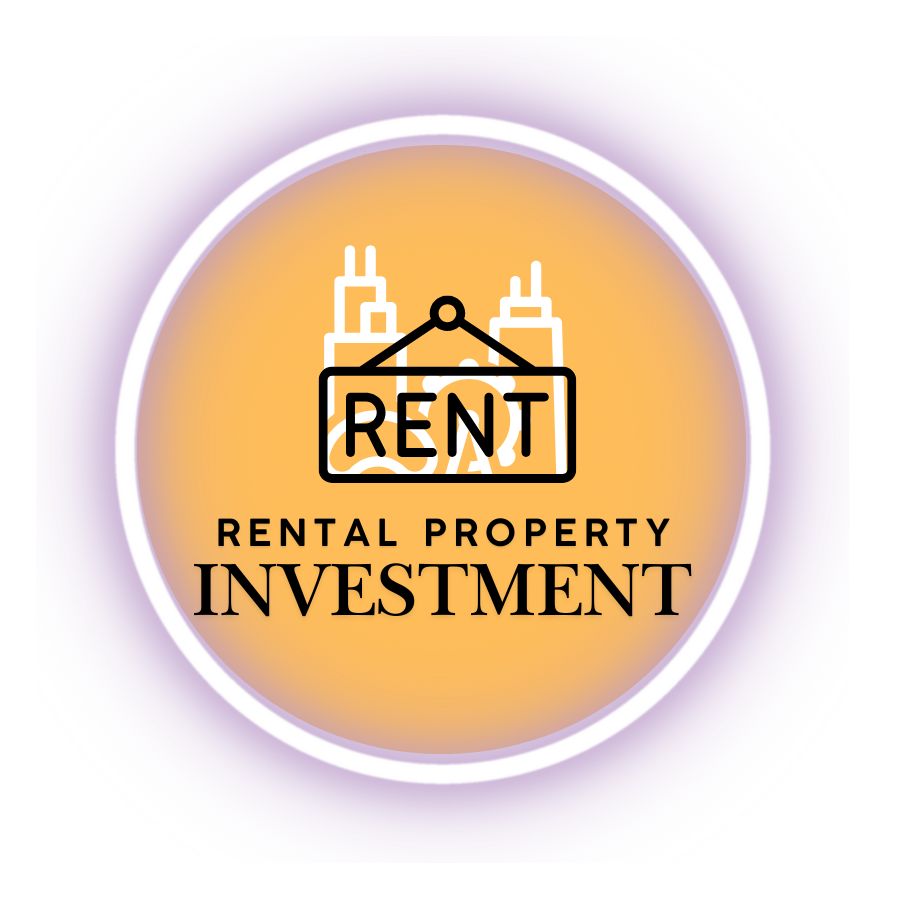
What is a Rental Property Investment?
Before we jump into the details, make sure you understand exactly what we consider rental property investing. A rental property investment involves purchasing real estate with the intention of renting it out to tenants. This type of investment can generate a steady stream of income through rental payments and offers the potential for long-term appreciation in property value. Rental properties can be a lucrative way to build wealth, but they also come with their own set of challenges and responsibilities.
Rental property investments can take various forms, including single-family homes, multi-family apartment buildings, condominiums, townhouses, and duplexes. Each type of property has unique characteristics and requirements, and investors should carefully consider these factors before making a decision.
These investments come with their own set of challenges. Investors must be prepared to handle the responsibilities of being a landlord, including finding and screening tenants, collecting rent, and maintaining the property. They must also be prepared to deal with unexpected expenses and vacancies. To top this off, Chicago rental property management has its own unique set of obstacles as well.
Common Reasons Your Chicagoland Property Isn’t Cash Flowing

1. Unexpected Maintenance Costs
Even well-maintained properties can experience surprise maintenance issues, particularly in a city like Chicago, where extreme weather conditions take a toll on buildings. Trust us, we have seen it all! If you haven’t budgeted properly for these expenses, they can quickly eat into your profits. Additionally, property management fees are another significant expense that can impact cash flow if not properly accounted for.
Common maintenance issues in Chicago include:
Frozen pipes or heating failures in winter
Roof repairs after heavy snow or rain
Flooding or water damage from poor drainage
HVAC breakdowns due to fluctuating temperatures
These repairs aren’t just costly; they can also lead to vacancy and/or tenant credits while work is being done in the property, further decreasing cash flow.
Solution: Set aside a reserve fund for maintenance costs. As a rule of thumb, start with a minimum reserve amount (ie. $1,000) and allocate an additional 2-3% of your property’s annual gross income to the reserve for repairs and upkeep. At Landmark, we help investors plan for these costs by conducting thorough property inspections and providing proactive maintenance services to avoid surprise expenses.
2. Inefficient Rent Collection
If rent isn’t coming in consistently or on time, it can disrupt your monthly cash flow and throw off your entire financial plan. Late or missed rent payments can create gaps in your cash flow, and the effort to chase down payments takes time and resources.
Solution: Automate and enforce rent collection. At Landmark, we offer automated rent collection services that ensure tenants are paying on time, every time. We also enforce strict late fees and clear rental policies, so tenants understand the importance of timely payments.
In addition, if you’ve been lenient with rent due dates or allowed exceptions, it might be time to reevaluate your policies. Clear and consistent expectations are key to maintaining steady cash flow.
3. High Vacancy Rates
Vacancy periods are one of the biggest cash flow killers for real estate investors. In a competitive rental market like Chicago, properties in popular neighborhoods often fill quickly, but those in secondary markets or with limited amenities can struggle to attract tenants.
A prolonged vacancy can result from several factors:
Overpriced rent: If your rent is too high for the area, potential tenants will look elsewhere.
Outdated property: If your property hasn’t been updated or lacks modern amenities, it may not stand out in the market.
Poor marketing: A lack of visibility can prevent your property from reaching the right audience. A lack of high quality pictures can also negatively affect your leasing efforts. The old adage of “you only get one chance to make a first impression” is very true when it comes to leasing!
Solution: Price competitively and market effectively. Landmark can provide a comprehensive market analysis to ensure your rent is in line with comparable properties. We also handle marketing through multiple channels, including listing platforms, social media, and local networks, to attract high-quality tenants quickly.
4. Underperforming Market
Sometimes, cash flow issues are a result of broader market trends. For example, certain neighborhoods might experience temporary dips in rental demand due to shifting demographics, new construction, or economic factors.
While Chicago generally has a stable rental market, some areas—particularly those undergoing transitions—might require longer holding periods to achieve optimal returns.
Solution: Adjust expectations or explore new areas. Landmark helps investors stay on top of local market trends, so you can adjust your strategy if necessary. We may recommend repositioning your property, exploring other submarkets with higher demand, or considering long-term appreciation rather than short-term cash flow.
5. Mismanaged Property Management Fees & Associated Property Expenses
It’s easy for expenses to get out of hand if you’re not tracking them closely. Common oversights include:
Property Management Fees: See hidden fees and charges on your statement?
Insurance premiums: Have you shopped around for the best rates recently?
Property taxes: Have you accounted for potential tax increases?
Utility costs: Are you charging tenants for utilities, or covering these yourself?
These seemingly small expenses add up over time, and if not properly managed, they can take a big bite out of your cash flow.
Solution: Conduct an annual financial audit. At Landmark, we offer detailed financial reporting to help you track every dollar coming in and going out. We’ll help you identify areas where you can cut costs and optimize your property’s financial performance.
Calculating Rental Property ROI
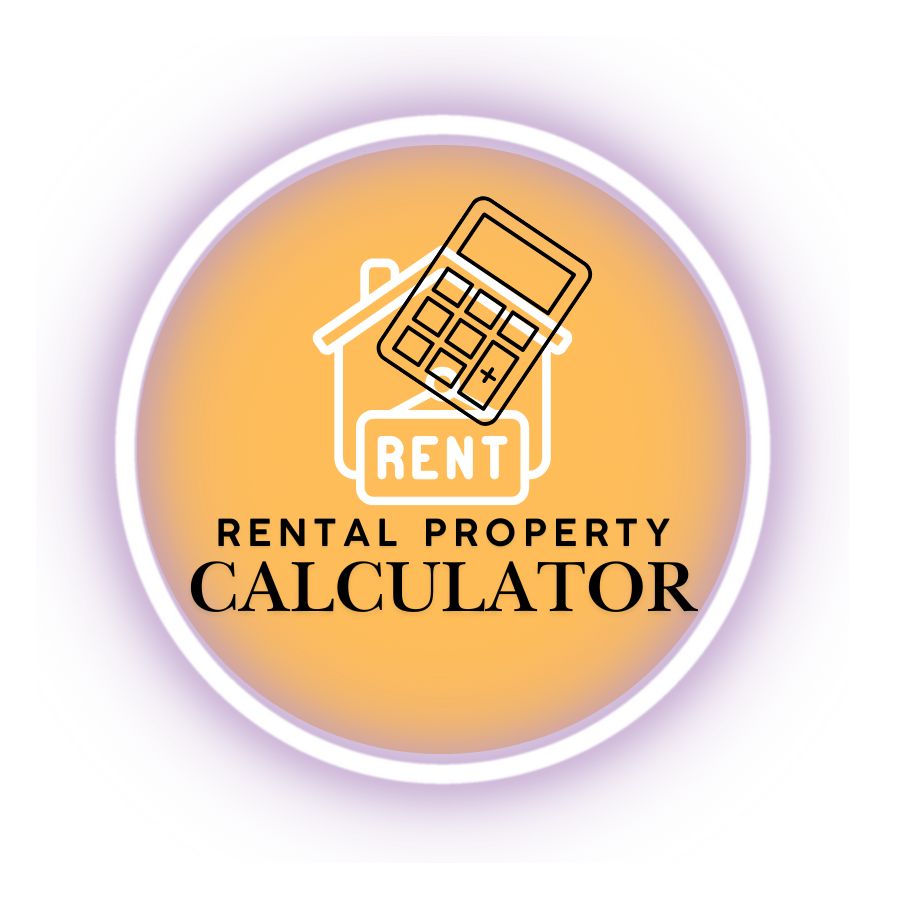
Using a Rental Property Calculator
Calculating the return on investment (ROI) of a rental property is a crucial step in determining whether it is a good investment opportunity. A Chicago rental property calculator can be a useful tool in this process, as it helps investors quickly and easily estimate the potential ROI of a property.
A rental property calculator typically takes into account a variety of factors, including the purchase price of the property, the monthly rent, the operating expenses, and the potential for appreciation. By inputting these values into the calculator, investors can get an estimate of the potential ROI of the property. This tool simplifies the complex calculations and provides a clear picture of the investment’s financial performance.
Key Components of Rental Property ROI
There are several key components to consider when calculating the ROI of a rental property. These include:
Net Operating Income (NOI): This is the income generated by the property after deducting operating expenses such as property taxes, insurance, and maintenance costs. It is a critical measure of the property’s profitability.
Cash on Cash Return: This metric evaluates the return on investment based on the cash flow generated by the property, rather than the total return on investment. It provides insight into the efficiency of the cash invested.
Gross Rent Multiplier (GRM): This is the ratio of the purchase price of the property to the annual gross rental income. It helps investors compare properties and assess their potential profitability.
Capitalization Rate (Cap Rate): This rate of return on an investment property is based on its net operating income and current market value. It is a key indicator of the property’s potential return.
By considering these components, investors can gain a comprehensive understanding of the potential ROI of a rental property and make informed decisions about their investment. Properly calculating ROI helps ensure that rental property investments are financially sound and aligned with the investor’s financial goals.
Cash Flow Checklist: How to Get Back on Track
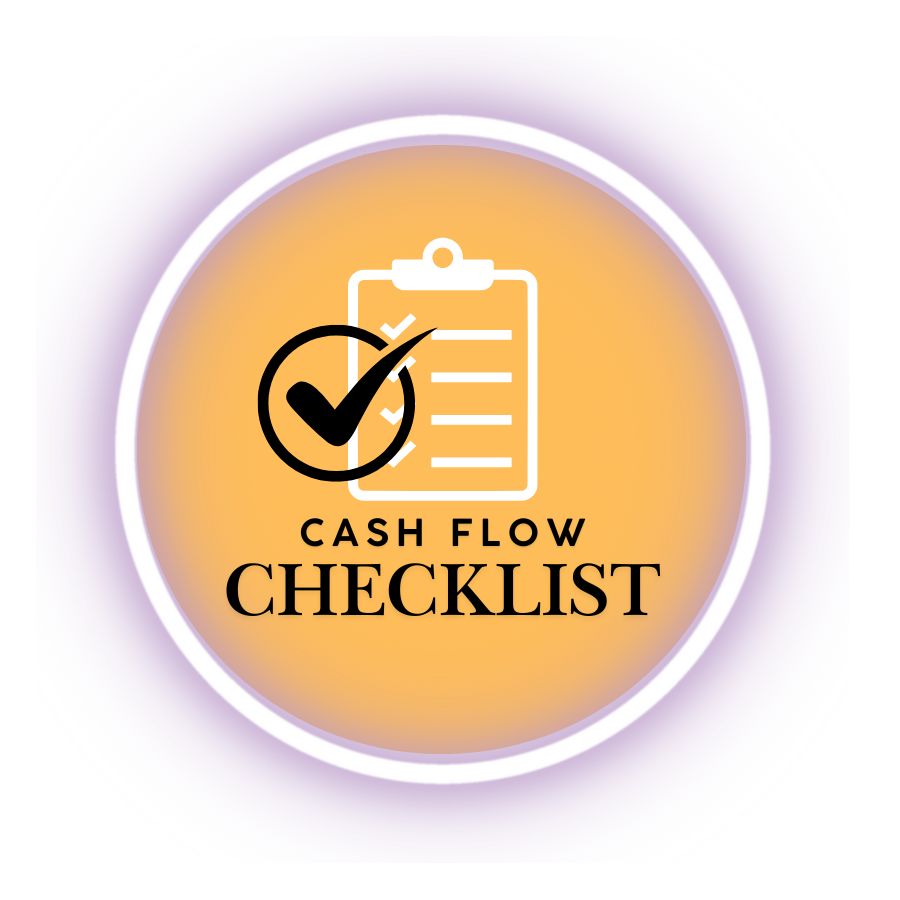
To ensure your property is cash-flowing properly, use this checklist to identify and address any issues:
Rent Collection
Do you have an automated rent collection system in place?
Are tenants paying rent on time consistently?
Have you enforced late fees and rental policies?
Property Maintenance
Do you have a reserve fund for unexpected maintenance costs (minimum amount + 2-3% of annual gross income added every year)?
Have you completed seasonal maintenance (e.g., HVAC checks, roof inspections)?
Are you addressing maintenance issues promptly to avoid costly repairs later?
Vacancy and Tenant Retention
Is your rent competitively priced based on a local market analysis?
Is your property being marketed effectively to attract quality tenants?
Do you have a professional marketing package?
Are you offering amenities that match tenant expectations for the neighborhood?
Are you conducting regular tenant check-ins to encourage long-term leases?
Expense Management
Have you reviewed your insurance premiums in the last 12 months?
Are your property taxes properly accounted for in your cash flow projections?
Are utility costs being properly allocated between you and your tenants?
Have you included closing costs in your expense management to ensure accurate cash flow projections?
Market Performance
Have you reviewed recent market trends in your property’s neighborhood?
Are there infrastructure projects or new developments that could impact your property’s value?
Should you adjust your investment strategy based on broader market conditions?
Take Control of Your Cash Flow with Landmark Property Management
If your Chicagoland investment property isn’t generating the returns you expected, it’s time to take a closer look at its financial health.
Rental property investing requires careful management and understanding of financial terms to ensure positive cash flow. By addressing issues like inefficient rent collection, unexpected maintenance costs, and high vacancies, you can improve your cash flow and protect your bottom line.
Rental property owners can benefit from professional property management services to handle the complexities of managing rental properties. At Landmark Property Management, we specialize in helping local and out-of-state investors maximize their property’s financial performance. From automated rent collection to comprehensive financial reporting, we’ll help you get back on track. Contact us today to learn how we can help you achieve steady, reliable cash flow from your Chicagoland investment property.

